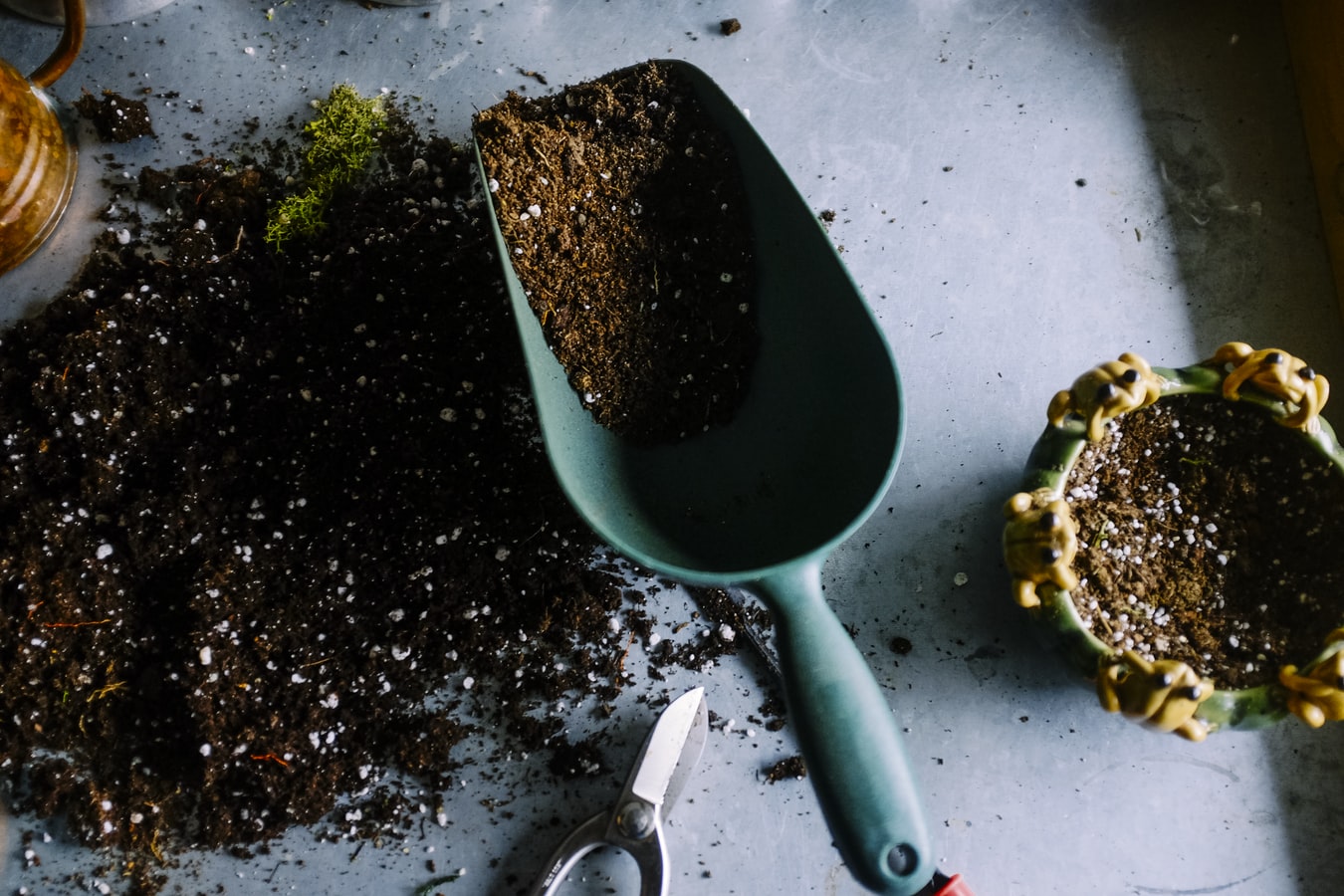
Spring is well on its way, and now is the time to start planning your spring garden. There are so many factors that contribute to a healthy garden. The local climate, soil, local flora, and fauna, along with the plants and nutrients you provide, make up the ecosystem of your garden.
Research
Curl up on a cold winter day and research what types of plants will be in season during the spring. Don’t forget to take into account the kind of climate you live in while doing your research. Common spring vegetables include lettuce, kale, broccoli, spinach, asparagus, and cucumbers, to name a few. Once you have decided what you want to fill your garden with, draw it out on paper. Mapping the plan for your garden can help in creating the final product.
Soil Health
Before you start planting anything, it is essential to check the pH level of your soil. Most plants perform best in slightly acidic soil from about 6 to 6.5. A great way to ensure that your soil maintains its health throughout the season is by investing in mulch to spread on top of your garden. As the mulch decomposes, it adds nutrients to the soil underneath it. Mulch can also serve as a protective barrier against weeds. Another great option is creating compost material to add nutrients and reduce food waste.
Local Critters
The animals and insects will likely be drawn to your new plant life. Ensure the different types of pollinators in your area and what kinds of plants would attract them to your garden. People often forget that even though your garden is usually in the backyard, the environment around you will still interact with it. Additionally, research what attracts the natural predators of common pests in your area. Birdbaths and feeders can serve more than just aesthetic purposes; birds can be an excellent natural insect repellent.
Conquering the Weeds
Once you have your garden growing, check for weeds as early as possible. Weeds can take essential nutrients and space away from your plants. Non-selective systemic weed killer acts as a great spot treatment for garden weeds. They will kill anything they come in contact with, making a great choice if you’re not sure what weeds are growing. The best way to control the weeds in your garden is to start fighting them before they get unbearable.
A lot goes into a happy garden, but taking it one step at a time can make it a manageable task. Remember to be creative and have fun. Every garden is a learning experience, and you will grow from every single one!


